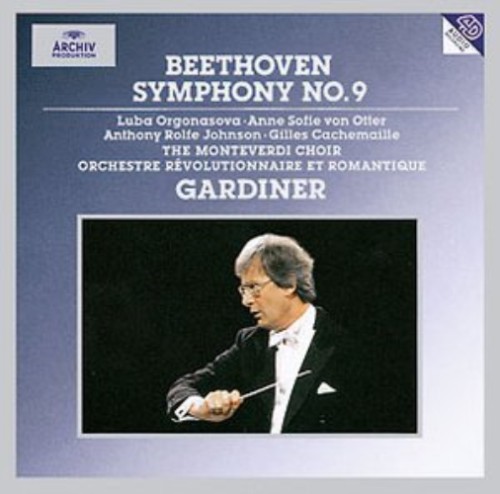- KeyB-flat major
- FormSymphonic
- Additional catalogue B. 429
- DedicationCount Franz von Oppersdorff
- Published1809, March
During this summer of 1806 Beethoven took a break from working on his Fifth Symphony to compose the Fourth Symphony, the Fourth Piano Concerto and the Violin Concerto. The relaxed characteristics of these three works gives us an insight into Beethoven’s life at this time. It’s almost as if Beethoven is leaving the struggles of life behind for awhile and taking time to smell the roses and enjoy life. At the end of the summer Prince Lichnowsky traveled to Silesia and took Beethoven with him. During that journey they made a visit to Count Franz von Oppersdorff who, besides being a relative of Lichnowsky, maintained a small private orchestra. Oppersdorff required everyone on his staff to play an instrument and he was excited to have his musicians play Beethoven’s Second Symphony for his guests. More than likely Beethoven later mentioned to Oppersdorff that he had just finished a new symphony and the Count jumped at the chance to purchase the rights to it. The Fourth is dedicated to “the Silesian nobleman Count Franz von Oppersdorf.” (Beethoven consistently spelled the count’s name with only on ‘f’.) There is no record of Oppersdorff’s orchestra ever performing the Fourth before its Vienna premiere, although one may feel safe in assuming that the Count wasted little time in having his orchestra perform it.
In Beethoven’s letter to his publisher, Breitkopf & Härtel, on November 18, 1806, he writes, “I cannot yet give you the symphony I promised you, because a distinguished gentleman has taken it from me. But I still retain the freedom to publish it after six months.” Barry Cooper writes in the Urtext edition of Beethoven’s Nine Symphonies, “Usual procedure with commissions was that the sponsor would receive and retain a manuscript score of the work in return for the fee, and would have exclusive use of the music for six months, but Beethoven could publish it thereafter.” For some reason the payment was delayed and Beethoven’s receipt, dated on February 3, 1807, reads: “Receipt for 500 florins which I have received from Count Oppersdorf for a symphony which I have written for him.”
Vincent Osborn, 2017
Instrumentation
Woodwind
- Flute
- 2 Oboes
- 2 Clarinets
- 2 Bassons
Brass
- 2 Horns
- 2 Trumpets
Percussion
- Timpani
Strings
- Violin I
- Violin II
- Viola
- Cello
- Double Bass
Shorthand1 2 2 2 - 2 2 0 0 - tmp - str
Performances
Notable Performances
1807Mar ??
1808Apr 13
Discography
Discography Comparison
| Movements | Recording | Ensemble | Duration |
|---|---|---|---|
| Adagio - Allegro vivace | |||
| Beethoven: 9 Symphonies | Orchestre Révolutionnaire et Romantique | 0:10:56 | |
| Adagio | |||
| Beethoven: 9 Symphonies | Orchestre Révolutionnaire et Romantique | 0:09:24 | |
| Allegro vivace | |||
| Beethoven: 9 Symphonies | Orchestre Révolutionnaire et Romantique | 0:05:17 | |
| Allegro ma non troppo | |||
| Beethoven: 9 Symphonies | Orchestre Révolutionnaire et Romantique | 0:06:24 | |
